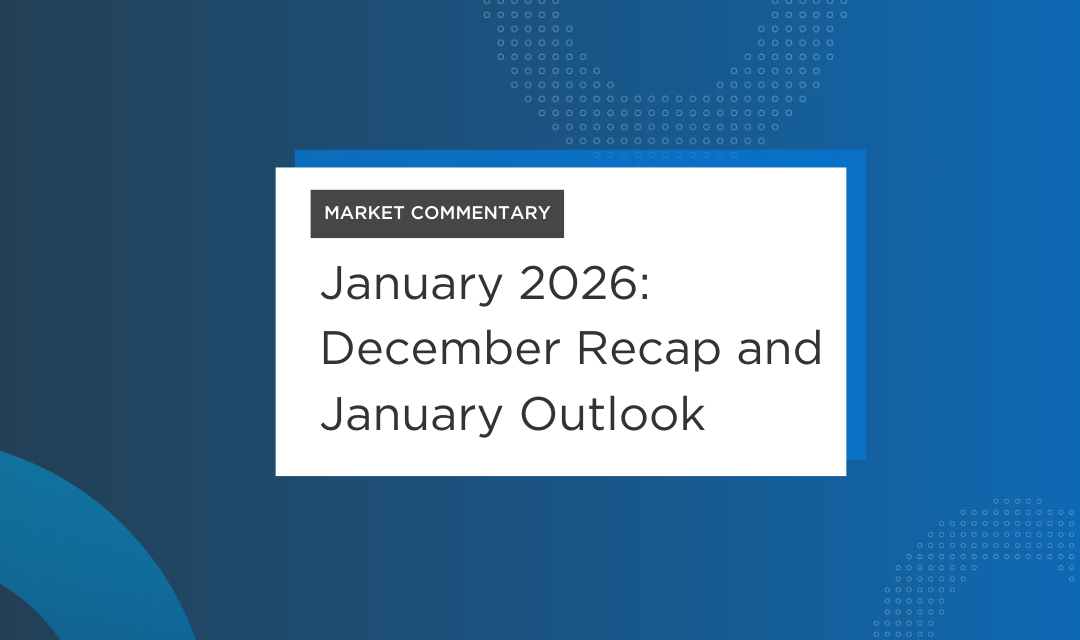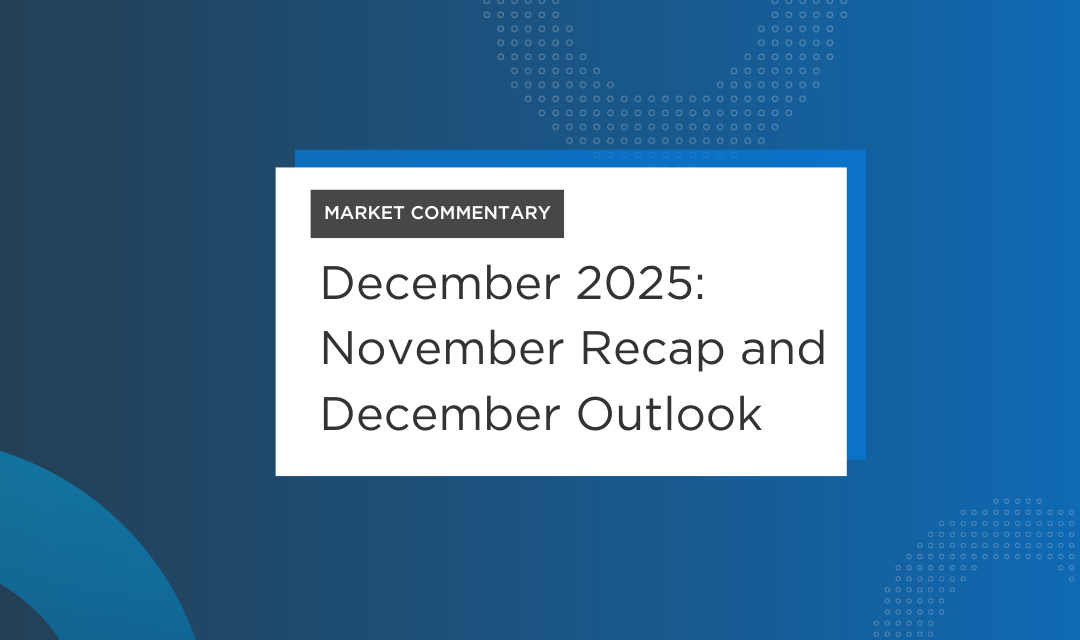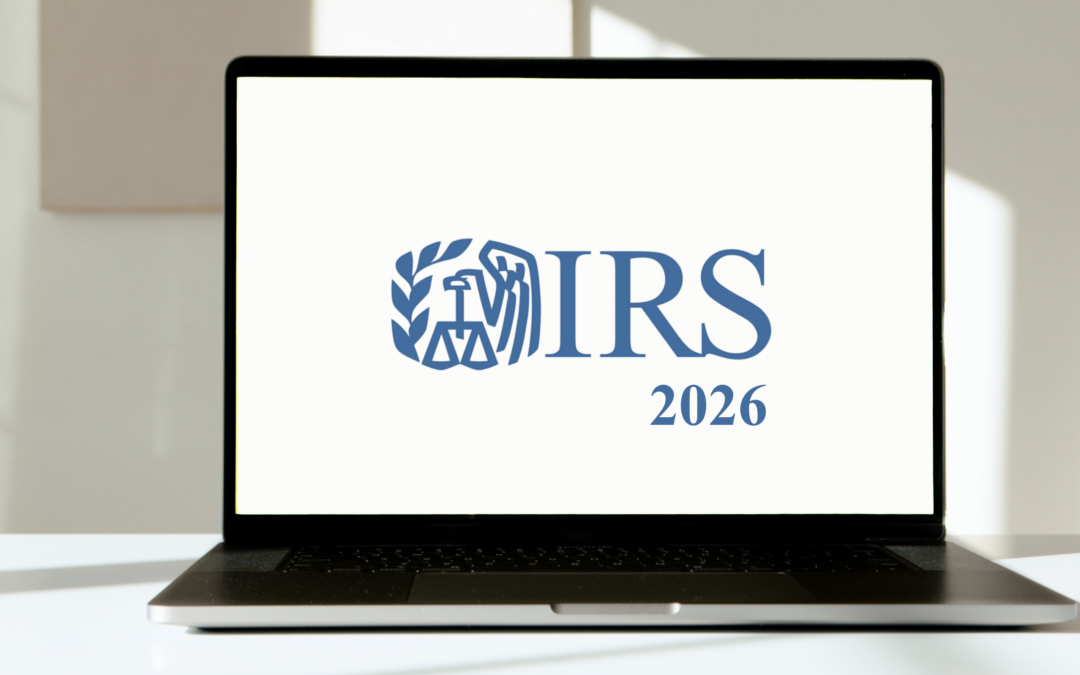While it’s easy to envision a budget, it can be very difficult to actually stick to it and carry out your plan. Here are some of the most common mistakes you can make while budgeting, and tips for avoiding those mistakes!
Mistake #1: Setting An Unrealistic Budget
Sure, your budget may look great on paper, but is it realistic for your needs? Many times, people create budgets that are so strict that they leave no room for extra expenses and spending money. This leads to the budget not being followed. When creating a budget, make sure you are realistic enough to leave some space for spending on indulgences, such as trips, treats, or gifts for yourself.
This same concept should be applied to your grocery shopping as well. Create a grocery list that is practical for your needs, but throw in a treat or two just to reward yourself for adhering to your grocery list. If you restrict your money too much, you are going to end up financially over-indulging.
Mistake #2: Forgetting Monthly Occasions And Irregular Expenses
When creating a budget, it is crucial to remember that certain months will bring extra expenses. For example, if you celebrate Christmas and you are budgeting in December, be sure to leave plenty of room in your budget to purchase Christmas gifts. Take note of any birthdays or anniversaries that are important to you each month, in order for you to plan ahead and not be taken by surprise when the event occurs. Are any of your friends getting married? Do any events require travel? Make sure to factor in all of these events and expenses that are part of these events when you are setting a budget.
Don’t forget about irregular expenses. These are expenses that come up every so often and aren’t a regular part of your budget. If you have children, you are going to most likely have to buy school supplies in August or September, which can add up quickly. How about your electricity bill in the winter? Most bills go up in the winter when more heat has to be used. Plan ahead accordingly!
Mistake #3: Neglecting Emergency Funds
Having an emergency fund saves you from blowing your budget when something major happens to you, such as car trouble or an unexpected medical bill. Always allocate part of your budget to an emergency savings fund. It is usually recommended to have at least 6 months’ worth of expenses saved up. Yes, this is a lot of money to save, but it will come in handy when and if you need to go a while without your regular budget.
Preparing for unexpected events will help you breathe easier knowing that you have those expenses covered if need be.
Mistake #5: Losing Track of Subscriptions
In today’s digital age, it is common to have at least a few subscriptions, especially streaming services such as Netflix and Hulu. At first, these streaming costs are only a few dollars each month, but when you have multiple subscriptions, the costs really start to add up! Take note of all of your subscriptions. Don’t forget about any of them- apps, gym, music, streaming, and any other subscription you can think of.
Are you really using every single one? If so, great! Budget accordingly. However, if you aren’t really using some of your subscriptions, start saving your money and cancel the ones you aren’t interested in using. Bottom line- if you aren’t going to use it, stop funneling money into it.
Mistake #6: Neglecting Interest
Always consider how much interest plays a factor in your budget. Interest has a major impact on the actual cost of anything you finance, such as credit cards and loans. When getting a credit card, or applying for a vehicle loan, make sure not to settle with whatever you can get. Check out the interest rate and decide whether or not the overall cost would be worth it, or if you can even afford it. Many people get a credit card, and find it difficult to pay back because the interest rate tacked on an additional, hefty fee.
Always do your research. Different financial institutions have a variety of rates that can work for you.
Mistake #7: Not Writing It Down
Everyone knows how easy it is to swipe a card, and check your banking app later for any charges that you spent that day. However, sometimes charges don’t come through on the same day, or can be delayed, and you will have a false sense of how much money you actually have. This is why it is always best to write down every expense you have. Taking notes on your budget and your expenses allows you to properly allocate your money, and helps you keep track of where your money goes.
Mistake #8: Forgetting to Budget Completely
The ultimate mistake you can make is deciding to not have a budget at all. Without a budget, there is no blueprint or guidelines for your financial plan, and can lead to huge losses. It is always best to have some sort of budget, even if it isn’t perfect at first and needs adjustments over time. Some people get frustrated and abandon their budget. Keep trying! Don’t completely abandon your budget. Practice makes perfect every time.
Always Set Goals
In conclusion, always set some sort of goal for yourself. Think about your motivation for budgeting- are you paying off credit card debt? Maybe you’re saving up for a nice vacation. Whatever your goal is, keep it in mind always as you’re contemplating each purchase. Realistic goals are the key to success. Don’t try to create an unrealistic goal that you can never reach. Creating realistic goals helps you stay on track, and gives you a sense of accomplishment when you finally reach them!
Now that you’ve read what to avoid when budgeting, feel free to adjust your budget. Find what works best for you, and remember- practice makes perfect.
Financial assistance is available! Get matched with a Financial Advisor:



